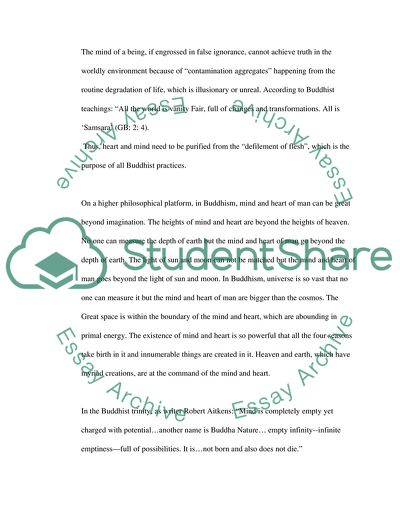Cite this document
(The Concept of Mind in Buddhism and the Concept of Mind in Classical Essay, n.d.)
The Concept of Mind in Buddhism and the Concept of Mind in Classical Essay. https://studentshare.org/philosophy/1709900-compare-the-concept-of-mind-in-buddhism-with-the-concept-of-mindheart-in-classical-confucianism-such-as-mencius-or-that-of-neo-confucians-such-as-lu-xiangsa
The Concept of Mind in Buddhism and the Concept of Mind in Classical Essay. https://studentshare.org/philosophy/1709900-compare-the-concept-of-mind-in-buddhism-with-the-concept-of-mindheart-in-classical-confucianism-such-as-mencius-or-that-of-neo-confucians-such-as-lu-xiangsa
(The Concept of Mind in Buddhism and the Concept of Mind in Classical Essay)
The Concept of Mind in Buddhism and the Concept of Mind in Classical Essay. https://studentshare.org/philosophy/1709900-compare-the-concept-of-mind-in-buddhism-with-the-concept-of-mindheart-in-classical-confucianism-such-as-mencius-or-that-of-neo-confucians-such-as-lu-xiangsa.
The Concept of Mind in Buddhism and the Concept of Mind in Classical Essay. https://studentshare.org/philosophy/1709900-compare-the-concept-of-mind-in-buddhism-with-the-concept-of-mindheart-in-classical-confucianism-such-as-mencius-or-that-of-neo-confucians-such-as-lu-xiangsa.
“The Concept of Mind in Buddhism and the Concept of Mind in Classical Essay”. https://studentshare.org/philosophy/1709900-compare-the-concept-of-mind-in-buddhism-with-the-concept-of-mindheart-in-classical-confucianism-such-as-mencius-or-that-of-neo-confucians-such-as-lu-xiangsa.


